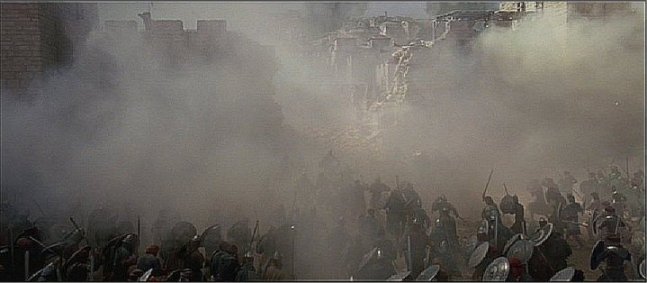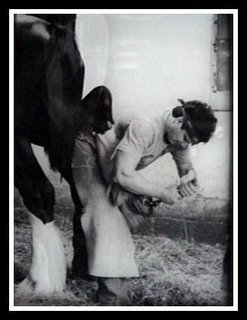Bloomburg, Guns and Crime

New York City Mayor Bloomburg wants to get serious about the crime problem in the city. He thinks the problem is guns.
Mayor Bloomberg is getting ready to spend his political capital - and quite possibly his own cash - to try to stop the flow of illegal handguns into New York from other states.
The Brady Campaign became the No.1 lobbyist for handgun control in the United States by spending $238,000 to sway Congress since 2002. By comparison, the NRA has spent about $6.5 million since 2002 on lobbying Congress, federal filings show.
Both sums pale in comparison to the $80million Bloomberg spent this year on his own reelection, or even the $7.5million he spent to promote a single ballot question in the city in 2003.
"The mayor is looking at every resource at his disposal," said Bloomberg spokesman Ed Skyler, while declining to comment on whether the mayor will personally finance his bid to stop the spread of illegal guns.
Some ideas Bloomberg has already advanced in the city, and which could be replicated elsewhere, include hefty cash rewards for people who report illegal guns, and specialized courts that have increased sentences for illegal gun possession.
The ideas he has tried have merit. They address the personal reasonability of the perpetrators of crime. The Mayor has fallen for the flawed logic that the instrument used in committing the crime had some influence on the decision to commit the crime. By having fewer guns there will be fewer crimes. One would think with NY City having the most restrictive laws against the ownership of guns that if this proposition were true the fruits of its implementation would have been made manifest by now.
The problem persists. Blaming other jurisdictions for selling the guns used in his city is also based on a flawed logic. Why would a criminal go to the trouble of securing weapons from out of state? If having the weapon facilitates the crime why not just commit the crime in the state most easy to obtain the weapon? Even in light of such long standing dilemmas, others are pursuing old solutions that have yet to produce the desired result.
Baptist ministers across northwestern Indiana are trying something new to encourage residents to give up their guns. Under the program, residents will get a 50-dollar voucher for groceries or clothing in exchange for giving up their guns.
So what does separate the states with restrictive gun laws and high crime from the states with more liberal gun laws and less crime? The answer is opportunity. The criminal looks for easy targets. He is adverse to risking his personal health. They seldom accost people how have dogs or they perceive as armed. States with liberal gun laws have more armed citizens so the criminal goes to areas were the citizens are most likely not armed. Even more intimidating for the criminal is a state where the citizens are more likely to not fear the laws while protecting their homes and family.
From the Telegraph in UK
[T]he Oklahoma state government passed legislation that became known as the Make My Day Law, named for the celebrated scene in the Clint Eastwood Dirty Harry film.
The law was pushed through by Sen Charles Ford, a Republican, the opposition party in the state. "The purpose of the law is to protect the victim of crime who defends his home and his family against unlawful intrusion from any criminal prosecution or civil action," Sen Ford said last week.
"We considered it outrageous that someone who protects his home and family should suffer. Our law says you can use any force, including deadly force, to defend your home."
It has been an unqualified success. Since the Make My Day Law came into force, burglary has declined by almost half in Oklahoma. In 1987, there were 58,333 cases; in 2000, just 31,661.
While crime rates throughout America fell in the 1990s, Make My Day supporters point to a second statistic in Oklahoma they say proves the impact of the new law: while burglary rates plunged, other forms of theft stayed constant. In 1988, there were 96,418 cases, in 2000, 96,111.
That this report comes from the United Kingdom is significant because theirs is a nation that has been hostile to gun ownership for generations. It is impossible to prove a negative but looking at the comparison of the Oklahoma statistics one could reasonably conclude that at approximately 26,672 burglaries were prevented by the "Make My Day Law"
Friday 13th Carnival of Cordite, Beware the Zombies!








 BlogHop.com
BlogHop.com







1 Comments:
|I dont understand, I have three handguns and several long guns and there is no crime in my home.
Post a Comment
<< Home